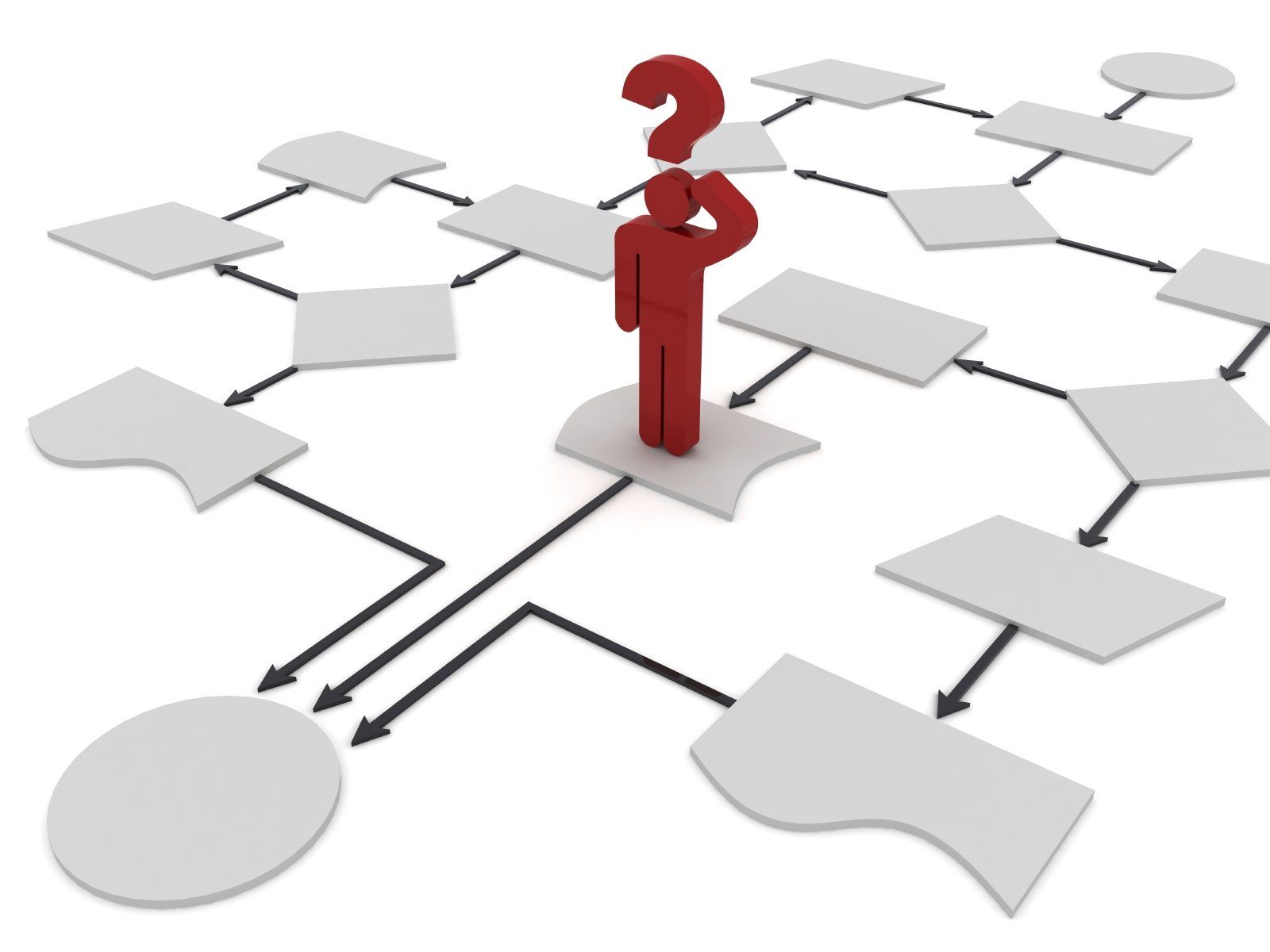The Importance of Emotional Intelligence for Councillors:
How to Lead with Empathy
Councillors play a vital role in shaping the lives of the people in your community. Be this in determining planning applications, adjudicating on licensing applications or supporting a resident with housing issues. To be effective in this role, it's important to have emotional intelligence, or the ability to recognise and understand emotions in yourself and others; whilst important it’s something we neglect and hopefully this post can give some thoughts.
Why Emotional Intelligence Matters for Councillors
Firstly, it helps councillors to build strong relationships with their constituents by demonstrating empathy and understanding. This can lead to increased trust and more open effective discussions. From this you get to really understand what’s important not just what is being shouted about.
Second, emotional intelligence allows councillors to manage conflicts and difficult conversations more effectively. Councillors regularly represent constituents on both sides of a debate. Be it the neighbour who wants to build a massive extension; or the new development spoiling the countryside by providing affordable homes for peoples children. By recognising your own emotions and the emotions of others, councillors can defuse tense situations and hope to find solutions that work for everyone – or at least show what you understand the problem clearly.
Finally, emotional intelligence can help councillors make better decisions by taking into account the emotional impact of those decisions on individuals; and with that provide relevant context and explanation to help them accept what's happening.
Developing Emotional Intelligence as a Councillor
So, how can you develop emotional intelligence and lead with empathy? Here are a few ideas:
- Practice active listening: Active listening involves paying close attention to what someone is saying and demonstrating that you understand and care about their perspective. By practising active listening, councillors can build stronger relationships with their constituents and better understand their needs.
- Develop self-awareness: Self-awareness involves recognising and understanding your own emotions. By developing self-awareness, you can better manage your own own emotions and avoid allowing them to interfere with your decision-making.
- Practice empathy: Empathy involves putting yourself in someone else's shoes and understanding their perspective. By practising empathy, and understanding different viewpoints you can make decisions which balance competing interests.
- Manage emotions effectively: Managing emotions effectively involves recognising your own emotions and finding ways to manage them in a healthy way. Doing this can help in building resilience as well as avoiding outbursts you may regret another day.
- Seek feedback: Seeking feedback from constituents and peers (even those across the political divide) can help councillors to better understand how they are perceived and where they can improve their emotional intelligence.
Conclusion
Much of what you do as a Councillor is about people, understanding your impact on them, and indeed theirs on you is a key step in being effective and leading your community. After all nobody becomes a Councillor without an understanding that the constituents are a key part of the role – even if at times it seems there is no way to square the circle of conflicting public opinion.
Disclaimer
The information in this blog post is correct to the best of my knowledge and belief at the time of publication. Whilst I provide general thoughts comments and views on topics, the comments are a summary and not to be regarded as definitive legal advice. Please take detailed advice if you need it from a suitable professional who can look at your personal circumstances and details.









